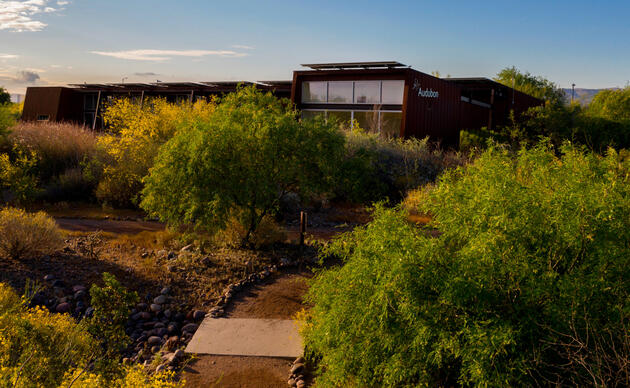On this Earth Day, I wish to offer some moral and ethical considerations on the planned diversion of the Gila River. With the 2015 publication of “Laudato Si,” Pope Francis drew attention to the fact that caring for creation was not merely a political issue, but a moral one. We were reminded that the first mandate to mankind in the Hebrew Scriptures was to “till the soil,” that is, to care for creation. In the biblical creation story, the garden was given to our ancestors for their enjoyment and use, but there was a certain reciprocity. They were to care for it.
As a result of the 2004 Arizona Water Settlement Act, $100 million in federal subsidies was allotted for water projects in southwest New Mexico, $66 million of which could be used for projects that would not divert water from the Gila River. This is the rub. Should New Mexico claim $100 million for a project that would divert water from the Gila, or simply $66 million for a non-diversion water project? That is the first question. There are more to come.
Let’s clarify. For the sake of their children and grandchildren, the people of southwestern New Mexico need to establish water security into the future. Silver City has decided not to participate in a diversion project. To the layperson in water engineering, it seems easy enough: pipe water from the Gila to Deming. Studies on the cost of this proposed project have varied from nearly $1 billion to the most recent price tag of over $550 million. While a diversion project would allow southwestern New Mexico to claim the entire $100 million federal subsidy, taxpayers would still be on the hook for at least $450 million.
Moreover, the flow of the Gila is neither steady nor predictable; thus neither would water availability be steady or predictable. That’s two significant issues with a diversion project: cost and lack of steady water flow. If this $450 million shortfall for the diversion project is raised through increased water rates, for example, the people of Deming (Luna County is the second poorest county in New Mexico) would be saddled with the remaining price tag. Here I would question the morality, not to mention the feasibility, of such a project.
The engineering for a water diversion to Deming has not been shown to be feasible, thus a modified diversion project has been proposed. However, this modified project would serve only a very small percentage of the population of southwestern New Mexico – those in immediate proximity to the Gila River. The equity and ethics of such a project would be questionable, at best.
There are solutions to this quandary that are cost effective, quicker, and easier than diversion projects. Southwest New Mexico should use the $66 million in federal subsidies for non-diversion projects. The area’s aquifers provide a great deal of water, and using them wisely can secure water through 2050. Water engineers have made reasonable proposals to secure water through existing sources – in a more cost effective and timely manner. I urge the Interstate Stream Commission and the New Mexico CAP Entity, those charged with deciding how to use the federal subsidies, to consider non-diversion solutions to secure water for the residents of southwestern New Mexico, and to confer transparently with constituents before committing to a solution. As Pope Francis said in his encyclical, “We need a conversation which includes everyone.” Proposals should be presented to residents with realistic costs, including operation and maintenance.
The Bible begins and ends with settings in a garden where water nourishes all life. The Gila River is the last free flowing river in New Mexico; a diverse ecological system depends on it. Fishermen, hunters, birders and hikers all enjoy this beautiful piece of nature in New Mexico. After a busy Holy Week and Easter weekend, several of my priests and I enjoyed a couple of days of camping, hiking and fishing along the Gila River. It’s amazing how nature has the ability to nourish and replenish the human soul. Indeed nature takes care of us, if we take care of it.
As Pope Francis says, “Each community can take from the bounty of the earth whatever it needs for subsistence, but it also has the duty to protect the earth and to ensure its fruitfulness for coming generations.” I urge southern New Mexico to leave the Gila intact so that it may continue to nourish the hearts and souls of our children and grandchildren, and to seek more cost effective and reasonable ways to secure water for our residents.
Bishop Oscar Cantú is head of the Las Cruces Catholic Diocese.


